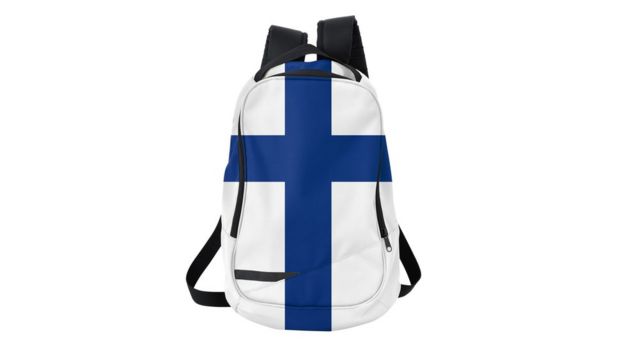Finland succeeds with no homework and fewer lessons
"How come Finland has shorter days and no homework for students and yet is achieving more?"
Why are we asking this? Because that's the subject that you've chosen - in an experiment where the readership picks the question.
The question gets to the heart of a lot of parental angst about hard work and too much pressure on children in school.
Parents facing all those kitchen table arguments over homework might wonder about its value if the Finns are getting on just fine without burning the midnight oil.
And how do Finnish youngsters spend less time in school and still come out with some of the best results in the world?
As the OECD think tank says: "One of the most striking facts about Finnish schools is that their students have fewer hours of instruction than students in any other OECD country."
Long summer holidays
It also touches on another tension between schools and families - the increased cost of summer holidays.
 THINKSTOCK
THINKSTOCK
While children in England and Wales are still toiling away in school into the middle of July, the Finns have already been on holiday for six weeks, in a summer break that lasts 10 to 11 weeks.
And completing this picture of less is more, Finnish children do not in theory have to start school until they are seven - although most will have been in classes from an earlier age.
But when it comes to the international Pisa tests, Finland is in sixth place and the UK is 23rd in reading; and Finland is 12th and the UK is 26th in maths.
Another set of OECD global rankings last year put Finland in sixth place for maths and science.
So what's going on? How do the Finns seem to start later, have fewer lessons and then finish ahead?
Finland, as part of its centenary commemorations next year, has a project to share what works in its schools with other countries.
Saku Tuominen, director of this HundrEd project, says parents in Finland don't really want longer hours in school.
He says there is a "holistic" approach to education, with parents wanting a family-friendly approach.Finland succeeds with no homework and fewer lessons - BBC News:

